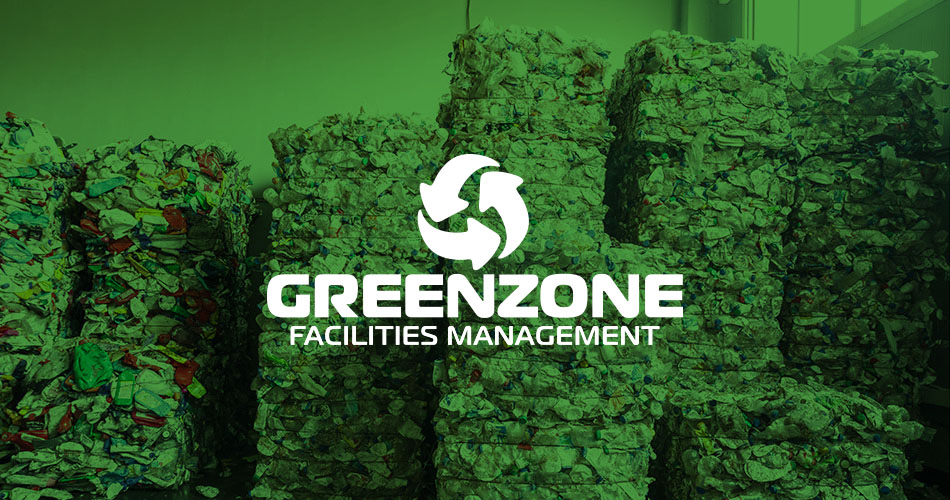The trade association has laid out its demands as part of its Quality First Roadmap, a programme launched to raise the quality of material produced by the UK recycling industry. The Recycling Association says the Roadmap aims to “complement and inform” the development of the resources and waste strategy via the environment bill.
The Recycling Association’s chief executive Simon Ellin said: “The UK needs to become a world-leading supplier of secondary commodities to both domestic mills and recycling facilities and their equivalents in vital export markets where manufacturing centres are situated.”
He added: “Over the last few years, we have seen our markets shrink, and at the end of 2020 exports to China of paper grades ended following the ban on plastics in 2018. Indonesia has introduced tougher restrictions and appears on a similar path to China, Malaysia is bringing in pre-shipment inspection of paper and cardboard, while Turkey is also reducing its import quota.
“It is imperative that we improve the quality of material we supply to domestic and international customers to ensure that we can have a successful and healthy recycling industry.”
Paper and cardboard
The Recycling Association has called for councils to begin implementing the introduction of separate paper and cardboard collections by 2023, with all UK local authorities to have their schemes in place by 2025.
Mr Ellin said: “This will benefit paper and cardboard recyclers who will receive a higher-quality raw material that would attract higher prices due to lower recycling costs.
“But it will also allow for packaging such as plastic films and cartons to be collected as core materials as planned by government, separate to paper and cardboard. Collecting plastic films and cartons with paper and cardboard leads to more contamination as it is harder to sort. Separating fibre from other materials also benefits them as wet paper and cardboard contaminates plastics, metals and glass.”
Mr Ellin said that by “achieving” end-of-waste status for paper and cardboard by 2025 and other materials by 2030 at the latest, the UK would become a “bastion” of high-quality material.
Resources and waste strategy
As part of the resources and waste strategy, the government is to hold formal second stage consultations on three areas of proposed waste and recycling legislation in early 2021, including on extended producer responsibility (EPR) for packaging and consistency in recycling collections
While the date is yet to be announced, the environment bill is expected to return to parliament for its report stage and third reading soon (see letsrecycle.com story). The bill gives government the power to introduce environmental legislation, such as that set out in the resources and waste strategy.
Mr Ellin said: “With the introduction of the environment bill soon, extended producer responsibility will provide funding for recycling infrastructure and will necessitate renegotiation of contracts. This provides us with the perfect opportunity to ensure that all parts of the supply chain work together to provide high quality secondary commodities that can easily be turned into new products.”
‘Vision’
Resources charity WRAP welcomed the “vision” of the Recycling Association’s proposed timeline. Its chief executive Marcus Gover said: “It is becoming increasingly evident that improving material quality needs to be prioritised in order to transition to a circular economy.
Orginal Source

